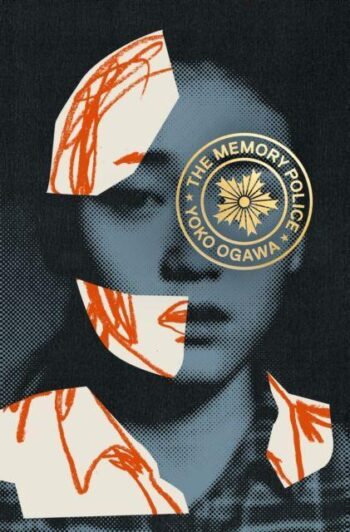It’s really difficult to categorize Keiichiro Hirano’s book into one single literary genre. Is it just a standard work of fiction? A detective novel? Psychological thriller perhaps? I know one thing – it is a bestseller in Japan for a reason, and that is why I was so happy to see it finally come out in English translation (by Eli K. P. Williams).
Let’s assume we do read it just as a psychological thriller. A man called Daisuke Taniguchi dies and when his family visits the wife of the deceased, and when they see his photo on an altar, it turns out that Daisuke was not who he claimed to be. A lawyer called Akira Kodo tries to help them out and find our who “Daisuke” was and what happened to the real one.
But for me this is a book about identity. Because Hirano looks inward and tries to understand the motivations behind his characters, by also analyzing deeper problems facing the whole country. He describes racism (especially toward zainichi Koreans), which has so deeply ingrained the whole society, that it seems you cannot escape from it.
That is why running away from contempt, from the value everyone places on their origin, seems so tempting. Because wouldn’t it be great to just live as an “I”, not doomed by a wrong surname or a tainted family history? Hirano shows us, that identity or truth are indeed very fluid concepts. And leaves us with a rather bitter realization that perhaps they actually mean nothing at all.










There are no reviews yet.